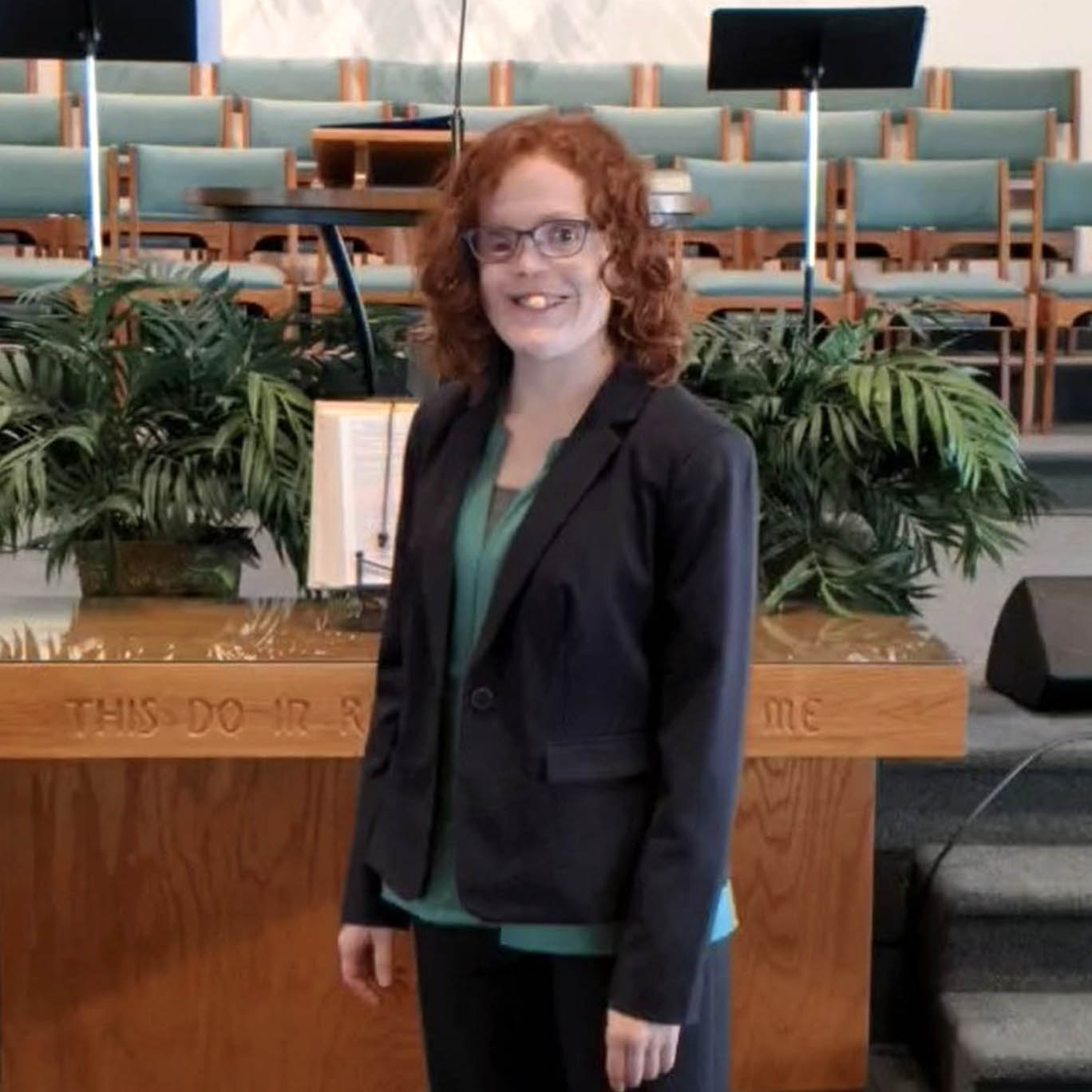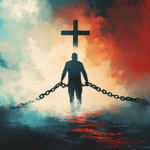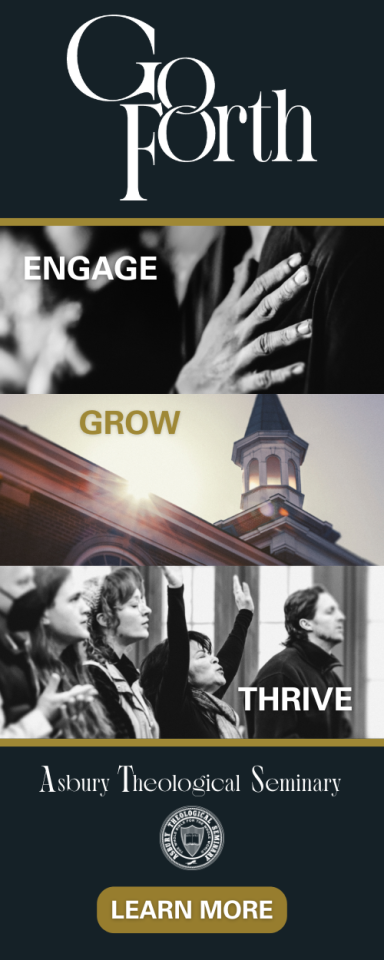By Kayla Prichard
Starting Scripture: Hebrews 10:5–27, Psalm 40:6–8, Micah 6:6–8
In the book of Hebrews, one of the major themes is the idea of stripping away the Old and putting on the New.
In Hebrews 10, the author speaks of the Old Covenant — the law handed down to Moses and the Israelites — and the New Covenant that was brought about by Jesus’ death on the cross. The Old Covenant is defined by sacrifices that had to be given day after day, year after year. For the people of Israel, the sacrifices became a ritual that meant nothing without a true change of heart.
When Christ came, He came under the will and authority of God the Father. He came not to offer more burnt offerings, but to sacrifice His very self. In this way, He strips away the Old to make way for the New.
Enacting Real Change
In this way, Jesus comes to enact real change in our lives. He wants to transform our hearts and bring wholeness to areas that are broken. He doesn’t want us to be stuck in our old patterns and our old ways of living. Jesus doesn’t want us to say the right things or do the right things without a true change of heart. Instead, he wants us to become Agents of Refreshing Wholeness.
Agents of Refreshing Wholeness are people who allow Jesus to enact real change in their lives. They recognize areas of sin and brokenness and seek to live new lives led by Jesus.
_
“We are called to bring wholeness and holiness to areas that are broken in our world.”
_
An area of my life that I’ve had to wrestle with is anger and impatience. Every day, I am taking steps to curb my anger, to show love and grace to others, and to seek forgiveness from people whom I’ve hurt. In this way, I am seeking to shed my old patterns of living and put on the love and grace of Jesus Christ.
What Areas Need Work?
So ask yourself this question: What areas of my life still need some work? How can I trust Jesus with these areas?
Agents of Refreshing Wholeness are people who enact change in their world. Here, we come to our passage in Micah. Micah 6:8 says this: “He has shown you, O mortal, what is good. And what does the Lord require of you? To act justly and to love mercy and to walk humbly with your God.”
We are called to bring wholeness and holiness to areas that are broken in our world. We are called to bring justice to unjust and broken systems. The Israelites were called to care for the poor, the widows, and the orphans. They were called to help those who were oppressed and powerless.
This is what we are called to do as well (James 1:27). We are called to speak up for the powerless and to protect the innocent. We are called to show mercy to our enemies and to love our neighbors as ourselves. This seems like a radical way of thinking in a world that is divided by ideologies and political parties. But this is what we have been called to do.
In the New Year, I would encourage you to take a step back and reflect on the people groups represented in your community. Which ones need the most help? What are some practical ways you and your family can serve them?
Are there any people in your life who need to experience the love and mercy of Jesus Christ? How can you build relationships with them and show them the love and grace that has been extended to you?
+

Kayla Prichard is a graduate of Indiana Wesleyan University and Asbury Theological Seminary. She is a conference ministerial candidate currently serving West Morris Church in Indianapolis while also working in the pharmaceuticals industry, and she previously served the Bloomington Free Methodist Church as the young adult director. She loves hiking, playing guitar, and cross-stitching. More of her writing can be found on her blog, Truth Is…











